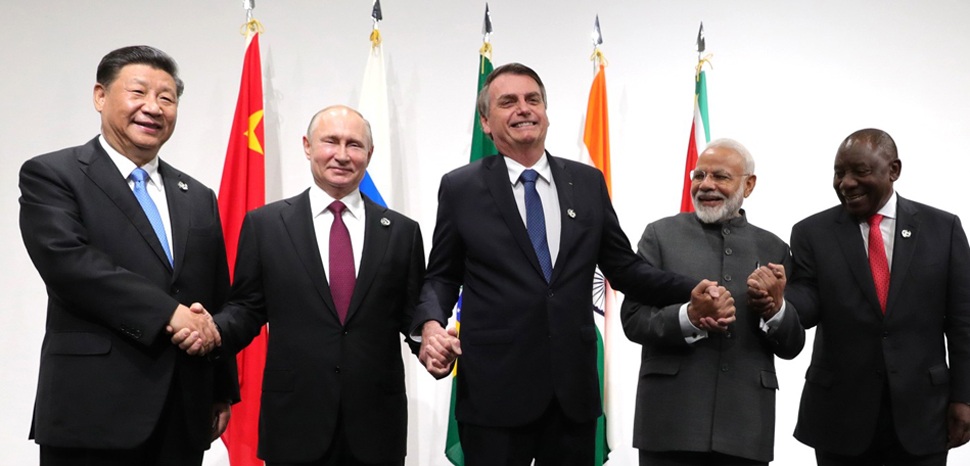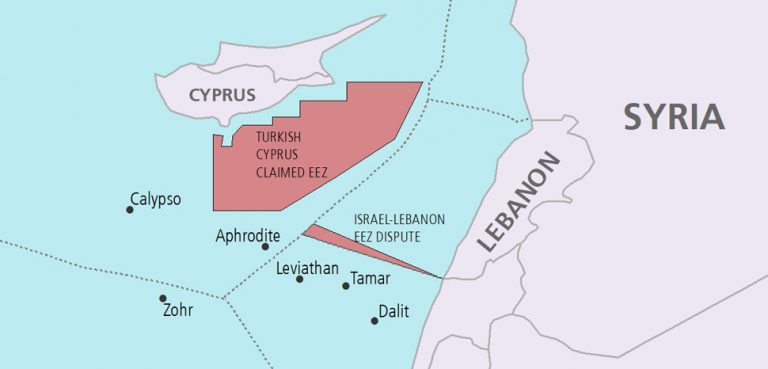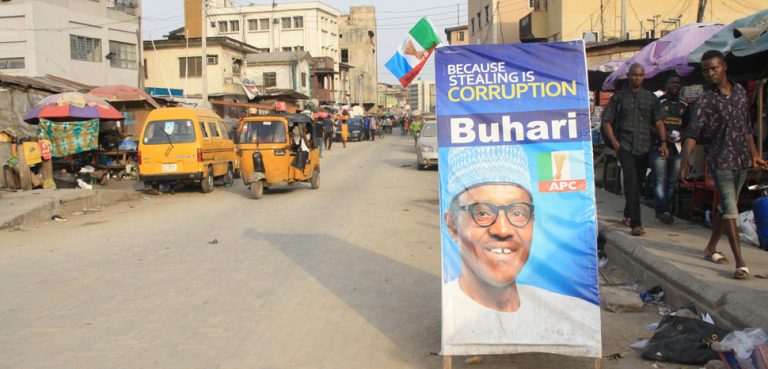Owing to the ineffectiveness of formal, large international institutions, most notably the WHO, in the battle against the COVID-19 pandemic, informal international institutions and networks can play a stronger role in containing the virus and cushioning its impacts on the global economy. However, in the case of the BRICS, this bloc has been, in fact, weakened by the pandemic.
Representing about 40% of the world population and 23% of the world GDP, these five powers are expected to play a certain role in dealing with COVID-19. In fact, the BRICS made some remarkable joint efforts to counter the pandemic. On 28 April 2020, BRICS ministers of foreign affairs held a video conference. After this meeting, all BRICS countries agreed to allocate $ 15 billion to the New Development Bank (NDB), a multilateral development bank established by the BRICS states. In this respect, the NDB could both help meet emergency expenses for the pandemic and support the subsequent economic revival. Besides, the bloc illustrated its support towards the WHO’s crucial role during the crisis, and emphasized the necessary of enhancing NDB’s emergency facility to handle the pandemic. These actions reflected BRICS states’ willingness to contribute to solving the global crisis.
Notwithstanding these efforts, the BRICS as a bloc can still be regarded as inefficient in combating COVID-19. At first glance, it is clear that all BRICS states (except China, to some extent, thanks to its relatively flattened pandemic curve) are suffering tremendously from the crisis. Currently, Brazil, Russia, India and South Africa are the world’s largest hotspots of epidemic, with thousands of new cases and hundreds of deaths every day. The inability of these states to prevent the virus from spreading and killing their people poses a great hindrance for cooperation and joint efforts intended to tackle the virus on a global scale. Even with the case of China, regardless of having contained the virus quite well and lifting the lockdown in Hubei, Wuhan where the first case of COVID-19 was confirmed, China has been blamed for secrecy, deceptions, and cover-ups, which combined helped to fuel the global spread of COVID-19.
Thus the pandemic raises a question concerning the BRICS’ ability to play a greater role in handling the global crisis, when all five states in the bloc are struggling with the pandemic’s horrendous consequences.
Next, for BRICS countries, the economic and social impacts of COVID-19 are significant, implying that these states have to focus now on guiding their own economies out of the crisis. Indeed, the pandemic has been paralyzing BRICS states, making them highly unlikely to be a strong and decisive bloc on the world stage. For instance, Brazil, the second-largest global epicenter, has been suffering grave repercussions from the virus. Accordingly, its number of job losses hit the staggering number of about 1.2 million in first half of 2020, which may put the country into what some have dubbed a “job apocalypse.” Brazil’s GDP fell 1.5% over the first quarter, and it is predicted to fall more sharply. Brazil’s health system is on the brink of collaspe, and its social situation is also precarious.
For Russia, although it is not in a dreadful situation like Brazil, the country is still struggling with the pandemic’s aftershocks. Combined with Western sanctions, in place since 2014, the COVID-19 outbreak has slammed the Russian economy. The unemployment rate jumped 30%, and Russian regional governments are facing their highest budget deficits in two decades due to the federal government’s lockdown measures. The crisis also led to a spike in domestic violence in Russia. And though Moscow claimed recently that it had successfully produced the world’s first COVID-19 vaccine, Western countries remain skeptical about the vaccine’s effectiveness due to its accelerated production cycle.
South Africa is now the most heavily affected African country, both in economic and social terms. Its unemployment rate over the first quarter 2020 was 30%, and is expected to increase further. Already known to experience high crime rates, COVID-19’s social impacts are making the situation even worse. Increasing violence, rising crime levels, spiking numbers of people suffering from mental illness – all have put greater social pressure on South Africa, making it difficult for the government to contribute the BRICS bloc in any meaningful way.
Another factor hindering intra-bloc cooperation during the pandemic is China-India tensions. Following a recent border skirmish, the deadliest one in at least 45 years, China-India bilateral ties have deteriorated. The border clash has fueled anti-Chinese sentiment in India, where the government immediately took actions against China, such as banning Chinese apps like TikTok and WeChat, and joining in with joint exercises with the US Naval in the Indian Ocean recently. China and India are the two largest economies of the bloc, so deteriorating relations between the two of them could significantly undermine the bloc’s coherence and sway. Moreover, given that three other countries are also being plagued by the pandemic, it is even more difficult for the BRICS to coordinate with each other to fight against the crisis.
Despite constituting a substantial part of the world’s economy and population, the BRICS as a bloc has failed to contribute in a meaningful to combatting this unprecedented global crisis, due to its internal paralysis and various members being mired in economic and social problems, mostly all of which are a direct result of COVID-19. Informal institutions and emerging powers have been expected to play a larger role in leading the world out of the pandemic.
But for the BRICS, this is far from the case.
The views expressed in this article are those of the authors alone and do not necessarily reflect those of Geopoliticalmonitor.com or any institutions with which the authors are associated.




